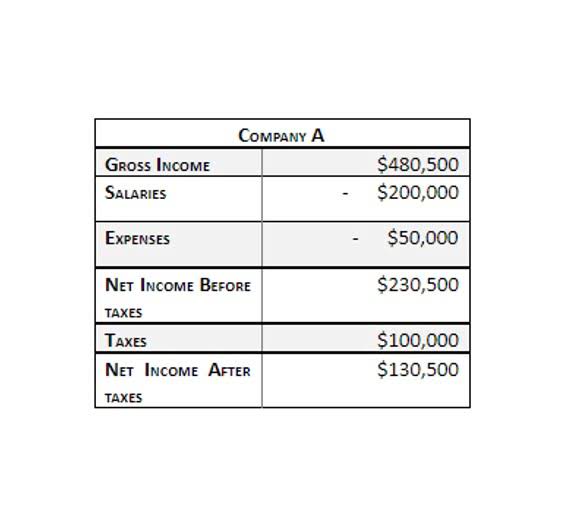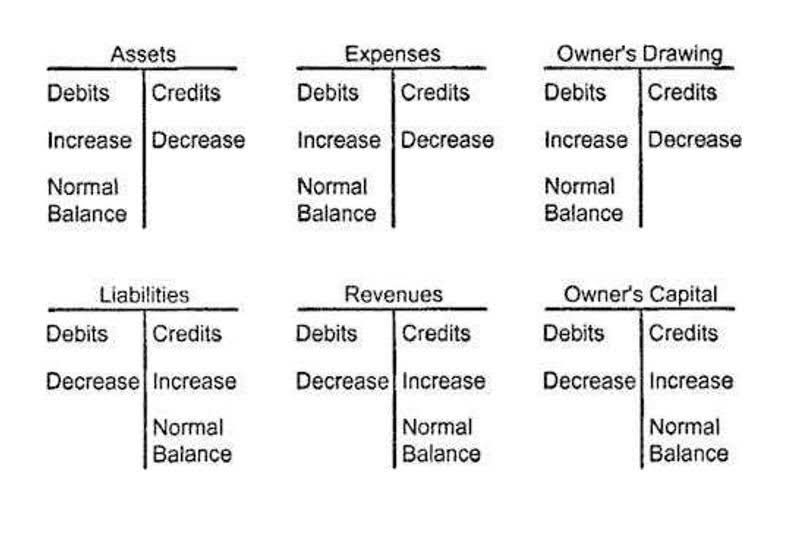A full charge bookkeeper is expected to have a comprehensive understanding of accounting principles and practices, as well as the ability to handle complex financial tasks. Their expertise and skills make them highly valuable to businesses, which often results in better compensation packages. On the other hand, a regular bookkeeper’s salary may be lower as they typically handle more routine tasks and may have a narrower scope of responsibility.
- Shecreates expert resources to help job seekers write the best resumes andcover letters, land the job, and succeed in the workplace.
- By critically assessing financial information, bookkeepers can identify areas of improvement, make informed decisions, and contribute to the company’s overall financial strategy.
- Full charge bookkeeping is a comprehensive approach to managing a company’s financial records, encompassing a wide range of accounting duties.
- The position can be assisted by an outside CPA who advises on how to record certain of the more complicated business transactions.
- Outsourcing provides access to bookkeepers who can offer a higher level of service, often at a fraction of the cost of a full-time employee.
What Is A Full Charge Bookkeeper? Responsibilities, Skills, And Importance
- The income statement shows the company’s revenue, expenses, and net profit or loss over a specific period.
- By conducting financial analysis, you help drive informed decision-making, identify areas for improvement, and contribute to the overall financial success of the company.
- This designation opens up doors to a wide range of career opportunities and can significantly enhance your earning potential.
- Let’s take a closer look at each of these tasks and the importance they hold in maintaining accurate and organized financial records.
- Get more advice on establishing better accounting and bookkeeping practices with our free guide below.
- As a CFO, you would be responsible for the overall financial strategy of the organization, making key decisions that impact its long-term success.
- Most smaller businesses work with their own in-house teams or outsourced bookkeepers until they reach a certain size.
A Full Charge Bookkeeper is a professional managing all the financial records like tax returns or financial statement preparation of small or mid-sized companies. They help record complex transactions and process timesheets & payroll while ensuring compliance with all regulations and relevant laws by reporting to the firm’s senior manager. In summary, a full charge https://www.bookstime.com/ bookkeeper has a range of career advancement opportunities available. Continuously expanding your skills, staying updated with industry trends, and seeking professional certifications will help you progress in your career. Embrace the opportunities that come your way, and remember that your potential is limitless in the field of finance and accounting.
How can Taxfyle help?
Their comprehensive financial oversight allows business owners to focus on other aspects of their business, secure in the knowledge that their accounting needs are met. By outsourcing bookkeeping services, businesses can free up valuable time and resources that can be redirected towards core functions. Instead of spending hours managing financial records, business owners can focus on strategic planning, sales, and customer relationship management.
In-Demand Skills for Today’s Full Charge Bookkeepers
As a financial analyst, you would use your strong analytical skills to evaluate financial performance, identify trends, and forecast future outcomes. This role often involves working closely with other departments within the organization to provide financial guidance and support. Having prior experience in a bookkeeping or accounting role is crucial for a full charge bookkeeper.
Occasional Overtime during Busy Financial Periods
A full charge bookkeeper is responsible for all aspects of a company’s financial record-keeping, including accounts payable, accounts receivable, payroll, and financial reporting. As mentioned earlier, the primary difference between a full charge and a regular bookkeeper is the fact that full charge bookkeepers manage all the accounting needs of the business. Because of this added responsibility, full charge bookkeepers usually report directly to the higher-ups. Sometimes, they also enlist the help of outside professionals like CPAs (certified public accountants) for certain tasks.
Understanding the broader financial landscape allows them to source candidates for investments and consider hiring decisions that align with the organization’s growth objectives. Learn how QuickBooks Live Expert Assisted can help you streamline your bookkeeping and free up time spent on finances. They must have excellent organizational skills and pay keen attention to intricate details. They have to work in close collaboration with other departments to ensure that financial information remains accurate. The working schedule of a full charge bookkeeper typically follows regular business hours. This means you can expect to work Monday through Friday, from approximately 9 am to 5 pm.
You would find full charge bookkeepers in small, medium size, or star-up firms that do not need the services of an accountant or controller than in larger firms. Brenna is a certified professional what is a full charge bookkeeper resume writer, career expert, and thecontent manager of the ResumeCat team. She has a background in corporaterecruiting and human resources and has been writing resumes for over 10years.






